Search

Financial Planning Tools
A high level of financial literacy, the ability to make sound financial decisions based on your knowledge, will improve your financial well-being.
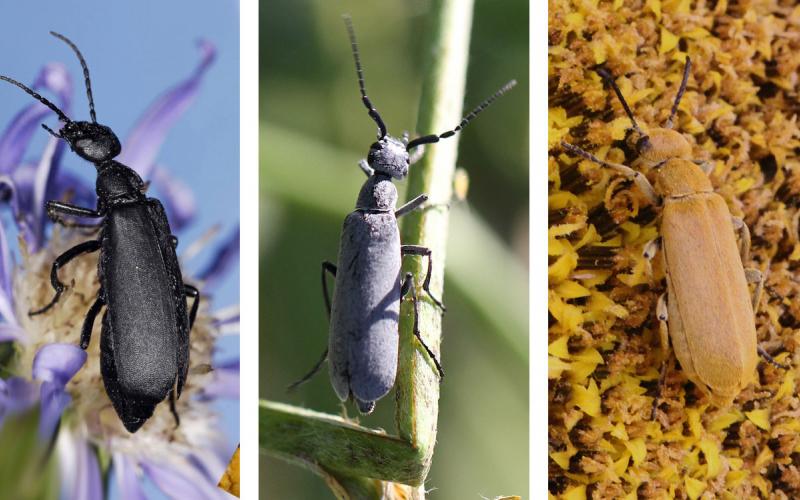
Blister Beetles Showing up in Alfalfa Fields
Blister beetles are now active in South Dakota. Although the larvae of blister beetles can be beneficial by feeding on grasshopper eggs, the adults cause issues when large populations are present in alfalfa at the time of harvest.
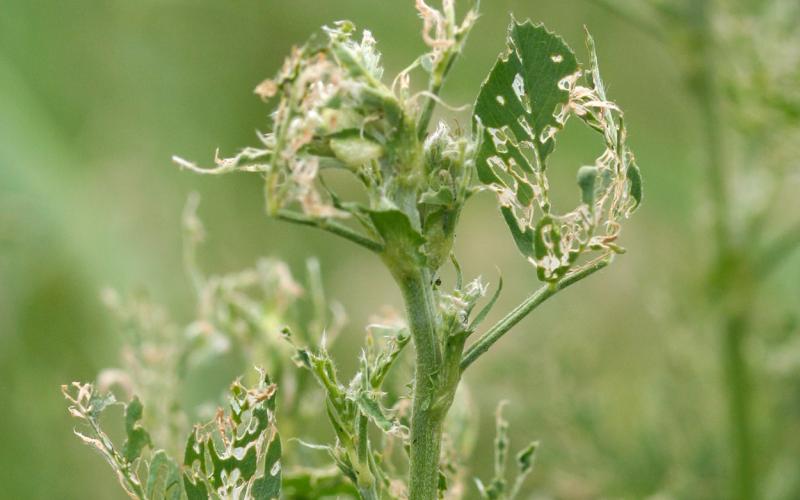
Keep Scouting for Alfalfa Weevils
This week we received a report and picture confirmation of early-instar alfalfa weevil larvae in an alfalfa field. Although most alfalfa fields were treated for alfalfa weevils before the first cutting, those fields still need to be scouted.
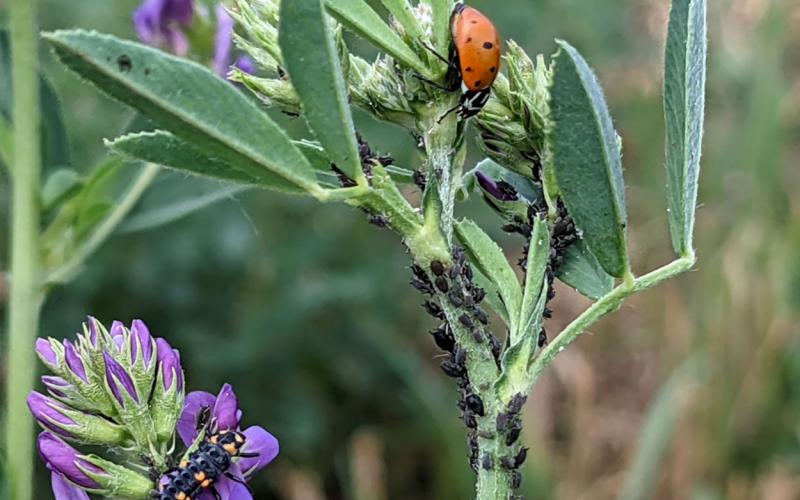
Cowpea Aphids Infesting Alfalfa
Typically, we worry about pea aphids in alfalfa. However, we noticed that cowpea aphids were present on alfalfa this week. If left unmanaged, cowpea aphids can stunt alfalfa, reduce yields and even kill the plants during severe infestations.
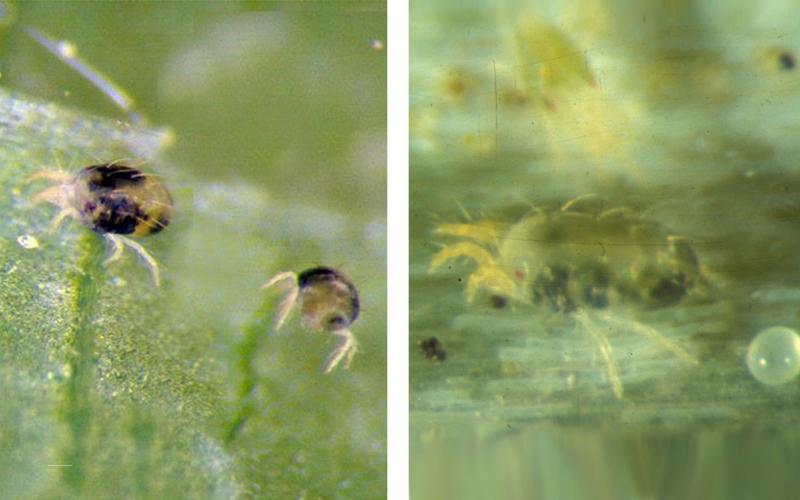
Spider Mites Reported in South Dakota Crops
With drought conditions continuing in South Dakota, it isn’t surprising that two-spotted spider mite infestations are being reported throughout the state. With hot temperatures in the forecast and limited chances for precipitation, we can expect spider mite populations to thrive in infested fields.
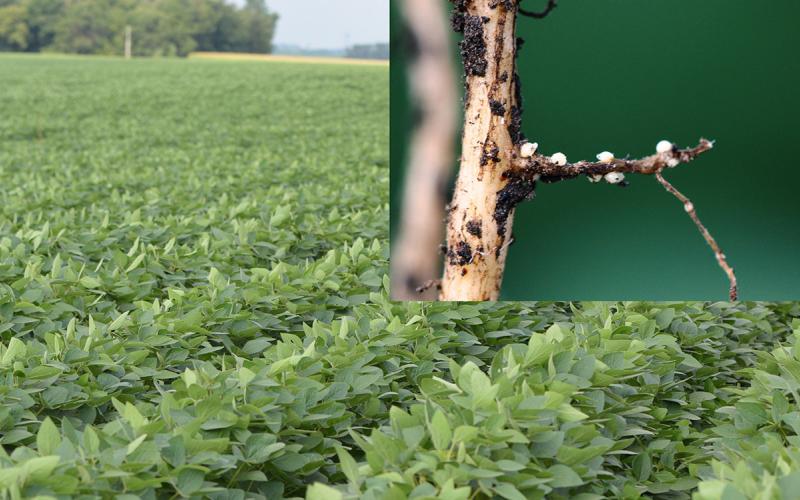
Drought Conditions May Increase Soybean Cyst Nematode Population in Soil
Moisture stress coupled with above-normal temperatures have been linked with increased soybean cyst nematode populations in the soil. In order to keep populations in the soil below the yield-reducing levels, there are a few management practices which can be used.
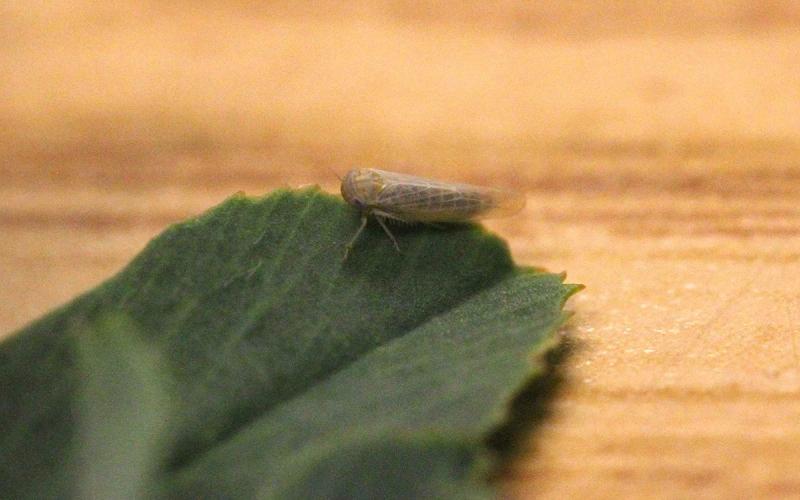
Start Scouting for Potato Leafhoppers in Alfalfa
Potato leafhoppers are a migratory pest that commonly impact alfalfa fields throughout South Dakota. They cannot tolerate our cold winter temperatures, so they travel up from the southern United States each spring.
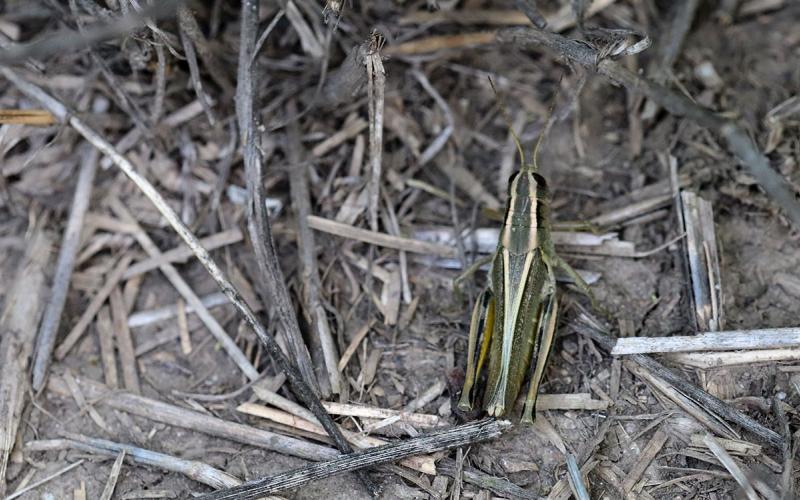
Grasshoppers Are Causing Concerns in South Dakota Crops
In 2020, grasshopper populations were an issue in parts of central and western South Dakota. The populations this year are moving into crops earlier and appear to be as bad as the ones observed last year.
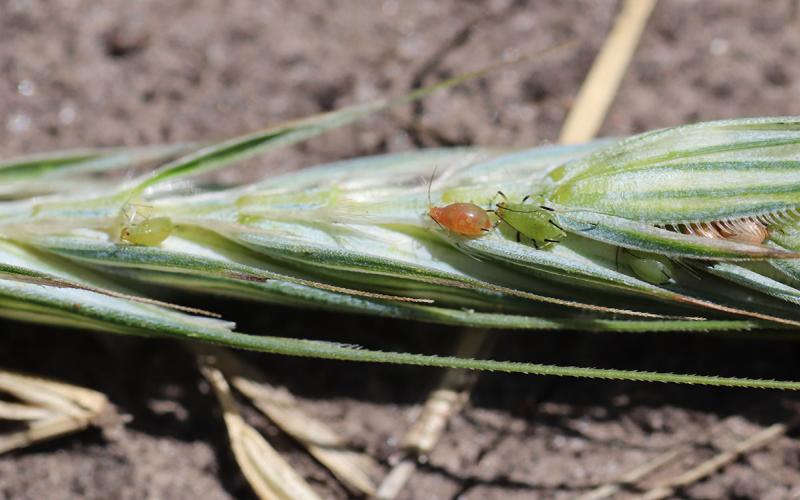
English Grain Aphids Observed in Wheat
Reports of aphid populations in wheat fields have been slowly increasing in the past week. Most of these populations are well below the economic threshold, but there is a potential for them to increase.
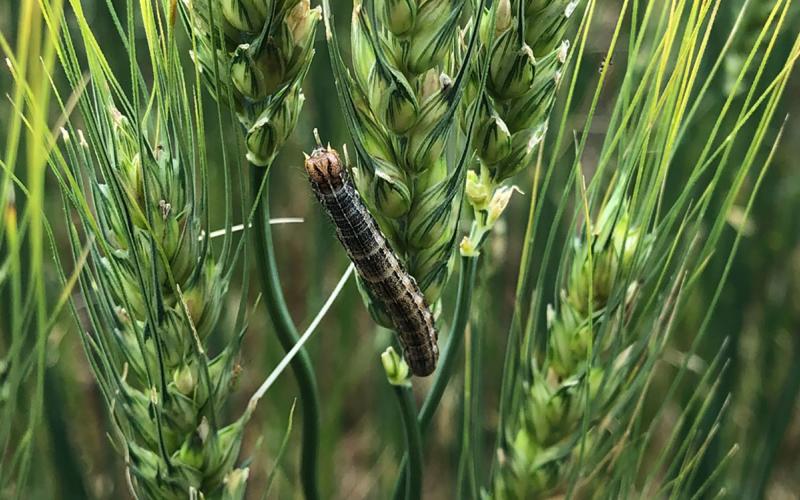
It’s Time To Start Scouting for True Armyworm Caterpillars in Wheat
This week, we collected quite a few true armyworm moths from our traps around eastern South Dakota. That means that true armyworm caterpillars will probably be showing up soon. To play it safe, scouting should start this week to stay ahead of potential issues.